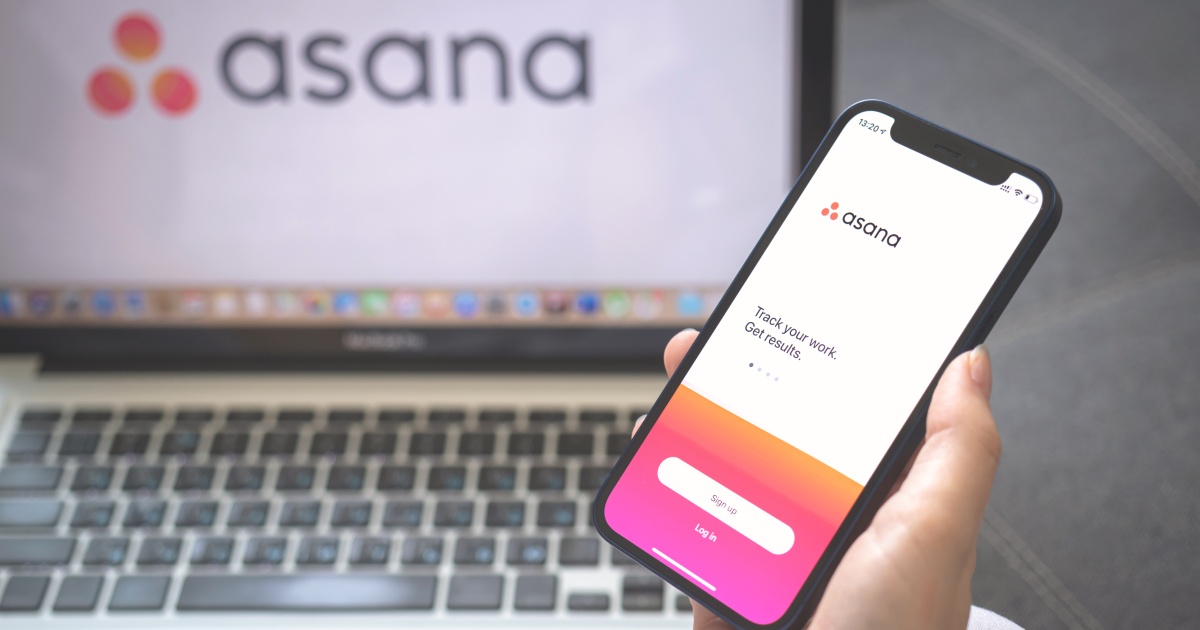
AI is undeniably a force that is sweeping through society with the possibilities and opportunities it brings. From healthcare to finance, even from transportation to entertainment, AI's capacity to augment human intelligence, automate complex tasks and make sense of vast datasets has transcended mere convenience, becoming an indispensable tool for businesses and individuals alike.
Employees know this; they recognize AI's strategic value. Workers turn to AI to automate tasks and reduce busywork. They use AI for data analysis and administrative functions. AI even has a role to play in creative tasks, and employees use AI for faster brainstorming.
There’s also a call for AI tools to be more accessible at work. Employees want to democratize AI within their organizations so that it is accessible to all employees, highlighting the need for intuitive tools that cater to different use cases and technical proficiencies. Some employees are even open to AI assessing their performance at work
As a result, 55% of executives expect their companies to use AI for goal setting, and 61% are confident that AI will help their companies reach their objectives more effectively than traditional methods, according to Asana’s State of AI at Work Report. Executives are so confident in AI that the majority are willing to pay a premium for workplace tools if they are powered by AI.
As it continues to evolve and mature, AI's impact on the world is profound, promising to reshape how people work, communicate and interact with technology in ways previously unimaginable. However, the impact of AI also comes with a set of intricate challenges and uncertainties that must be navigated carefully.
The root of it comes from employees. Although they are utilizing AI for work, they are concerned about how they may be viewed for doing so. According to the report, 26% of workers are worried they will be viewed as lazy for using AI, and one in five workers share that they feel like a fraud for using AI
Leaders are thus standing at a pivotal juncture, tasked not only with harnessing AI's potential to enhance productivity, drive innovation and solve complex problems but also with cultivating a comprehensive understanding of its ethical and societal implications.
Only 24% of companies provide policies or guidance on AI usage at work, and 17% of employees say they’ve received training on how to use AI in their day-to-day work, according to the report. Workers need clearer guidelines, more training and accessible AI tools that enhance, not replace, the work of humans.
“Employees see the potential of AI to save time and help them focus on more strategic tasks. However, there are clear obstacles, with some employees harboring concerns about how their AI use could be perceived by peers and managers,” said Saket Srivastava, Chief Information Officer at Asana. “They need clear guidelines to understand AI's role in their functions, along with tailored training and accessible technologies to fully harness AI's capabilities. Organizations that get this right will leverage AI in a way that unlocks new levels of human ingenuity.”
Striking a balance between embracing AI's transformative capabilities and addressing its associated challenges is the key to a future where AI serves as a powerful ally in shaping a better, more interconnected world.
Edited by
Alex Passett